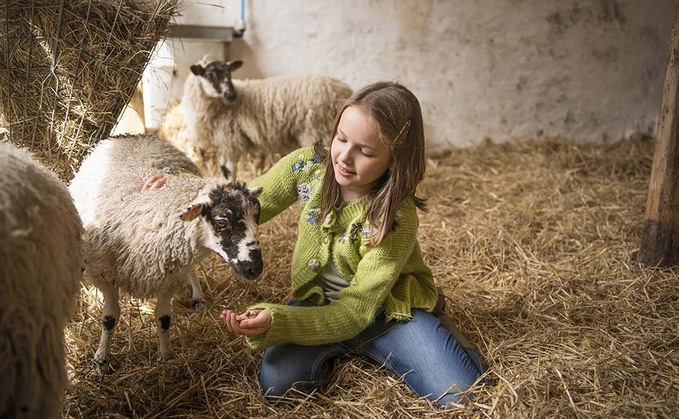
The children of farmers often feel scared to mention their families, or dispute inaccurate information about the industry they come from when it is presented in class at school, according to a Conservative...

The children of farmers often feel scared to mention their families, or dispute inaccurate information about the industry they come from when it is presented in class at school, according to a Conservative...